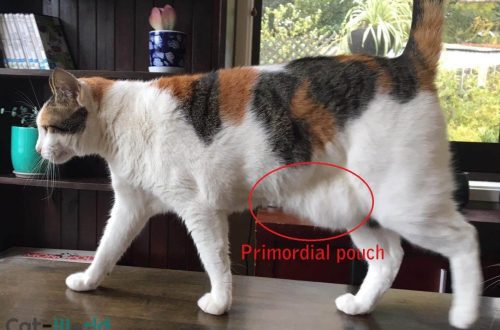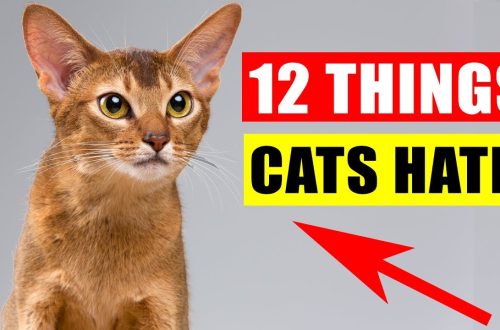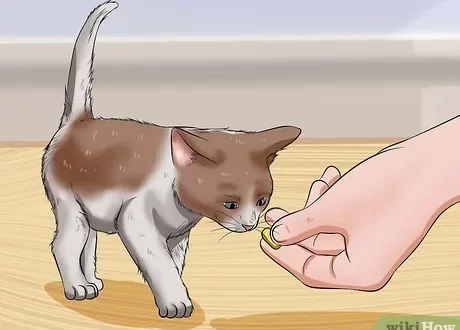
Do cats need to be vaccinated?
Should pet cats be vaccinated? This question is often discussed in specialized forums and distributed in veterinary clinics. It would seem that everything is clear with walking cats. They are in daily contact with other animals, which means that they need vaccinations. But what if the cat never leaves the apartment? Does she need a vaccination?
In practice, experts do not make a difference between walking and domestic cats. Vaccination is shown both first and second. Moreover, this is not just a recommendation, but a mandatory measure – a guarantee of the safety of both the pet itself and those around it.
But how can a domestic cat contract the virus? To answer this question, let’s look at how viruses spread. Most often, the virus is transmitted by airborne droplets. An example is the direct contact of animals: a sick cat sneezes and releases virus-damaged cells into the air, a healthy cat inhales them, and infection occurs through its mucous membrane.
There is another way of infection – oral-fecal. Example: An infected cat sniffs the feces of a sick cat and becomes infected.

Now, back to pets. They do not visit the street, which means they do not come into contact with potentially sick animals and their waste products. It really is. However, the possibilities of infection are numerous. Here are the main ones.
- The virus is brought into the house by a dog. Your cat may not be outside, but a dog can bring unpleasant surprises from the outside world into the house.
- The virus is carried by the host. Even if you don’t have a dog, the virus can enter the house on your shoes or clothes. Many viruses are very viable and quite successfully “travel” with the remains of excrement on the soles of shoes or on clothes. For example, the owner of a sick animal that you encountered in a pet store or veterinary pharmacy can “share” a virus with you. If your cat sniffs contaminated shoes or clothes at home, she will get sick.
- The virus is brought in with grass from the street. Almost all cats are happy to chew fresh, green grass. But not all owners buy oats in a pet store. Many manage on their own and pluck the grass in the country or right in the yard. Do not repeat this mistake: the risk of infection through grass is very high!
- Force majeure. Don’t forget about unforeseen circumstances. Life is full of surprises. Unfortunately, it is impossible to guarantee that the cat will not run out of the apartment through the ajar door or, for example, will not escape from the carrier on the way to the veterinary clinic. Imagine how defenseless her body will be in front of the surrounding viruses?
There is only one conclusion: there should be vaccinations. And it doesn’t matter if your pet is a reveler or a hereditary homebody. Timely vaccinations protect your pet from the most dangerous diseases, many of which can be fatal. This is a case where the risk is not worth it.
Be responsible: vaccinate your pets!





